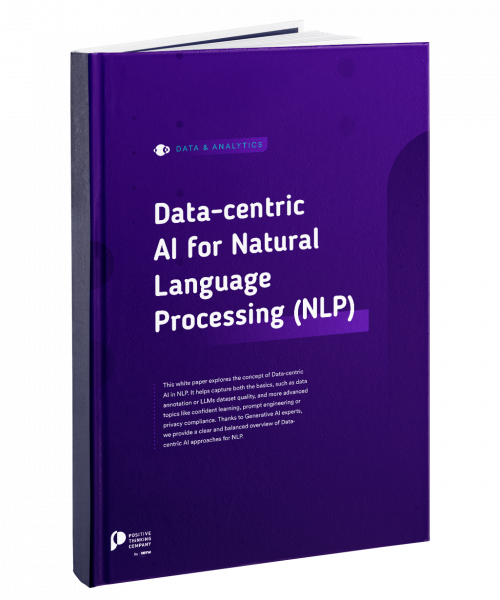By synthesizing the resources implemented and the goals to be achieved, budget translates the company’s vision into operational actions. How can we explain why its production fails to take into account the benefits of AI and BI?
The missions of the ‘finance function’ are strategic in more than one way. As a real ‘guardian of the accounts’, itsupervises cash flows, controls compliance and ensures the company’s sustainability by coordinating all the actions of the various business units.
Elaborating a company’s budget is the most important event of the year: it is a key component of the global company’s decision-making tool; the one that will allow the management to drive the activity.
Yet budgeting is often kept outside the scope of AI, mainly because decision-making in this area involves thinking beyond the statistical dimension of operations. This is the dilemma of the autonomous car: should we take the risk of injuring the occupants of the vehicle to avoid pedestrians crossing the road?
Decisions related to the company’s global strategy are at the same level of difficulty: it is necessary to find ways to link the multitude of transversal and sometimes antagonistic factors from sales, human resources, production, marketing or R&D.
AI already affects the finance function
All these departments already use AI. Marketing improves customer knowledge, Production automates diagnoses, Sales optimize sales forces, etc. Finance is no exception in its : statistical analysis is used to improve cash flows, prevent fraud risks or facilitate access to information by creating user-friendly interfaces based on natural language processing techniques for example.
Finally, all aspects of the activity are concerned by the benefits AI can bring, but with a limited number of models responsible for acting on particular fields of analysis, specific to each business line. Using AI to build a strategic vision requires the ability to combine information from these different silos. Why not start with the financial part?
Create a reliable cross-functional system
This is one of the paradoxes of the finance function: it still relies on Excel© and on simple transactional data stored in flat files. But its processes would grandly benefit from a consolidated view of the information at the disposal of the company. Automating data collection, implementing cross-referencing and data enrichment are major challenges in this context in order to make sure to not miss the transition towards Business Intelligence.
Tools such as IBM Planning Analytics allow, for example, to consolidate information into a reliable cross-functional system and then analyze it prospectively through simulations or business modeling. Therefore, Finance can move step by step from the traditional annual budget challenged by a few “business reviews” to a continuous planning logic. This new logic is thus constantly supported by a concrete industrialization of Data, which is an required condition to fully and sustainably benefit from the capabilities of ‘Analytics enriched by AI’.










